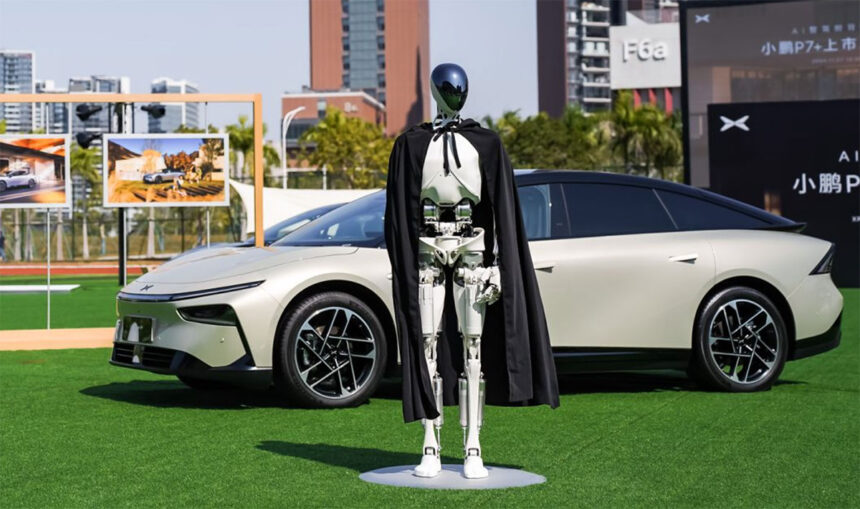Li Auto’s CEO, Li Xiang, recently discussed the company’s future plans to delve into the field of humanoid robots. While he believes that smart cars are essentially simple robots, he emphasized that Li Auto’s foray into humanoid robots is a certainty, albeit not in the immediate future.
During an AI Talk event, Li Xiang stated that cars will transition from being mere transportation vehicles in the industrial age to becoming space robots in the era of artificial intelligence (AI). However, before tackling the complexity of humanoid robots, the challenges surrounding autonomous driving must first be addressed.
Li Auto has positioned itself as an AI company, with a vision to become the world’s leading AI firm by 2030. Li Xiang underscored the importance of smart EVs with self-driving capabilities as the first AI robots, laying the foundation for an AI ecosystem in the physical world.
While several Chinese companies have already ventured into the field of humanoid robots, including UBTech Robotics and Zeekr, Li Auto is taking a more cautious approach. Li Xiang expressed hesitance towards launching robotaxis, stating that the company’s mission is to “Create a Mobile Home, Create Happiness.”
In contrast to Li Auto’s stance, Xpeng has been actively exploring the robotaxi business, with plans to launch a competitive robotaxi in 2026. Xpeng’s chairman and CEO, He Xiaopeng, has emphasized the company’s commitment to the robotaxi space, setting a clear roadmap for the future.
Overall, Li Auto’s future in humanoid robots is a promising prospect, with the company’s strategic focus on AI and autonomous driving paving the way for future innovations. While the journey towards humanoid robots may not be immediate, Li Auto’s vision for the future remains steadfast in embracing technological advancements to create a more connected and intelligent world.






